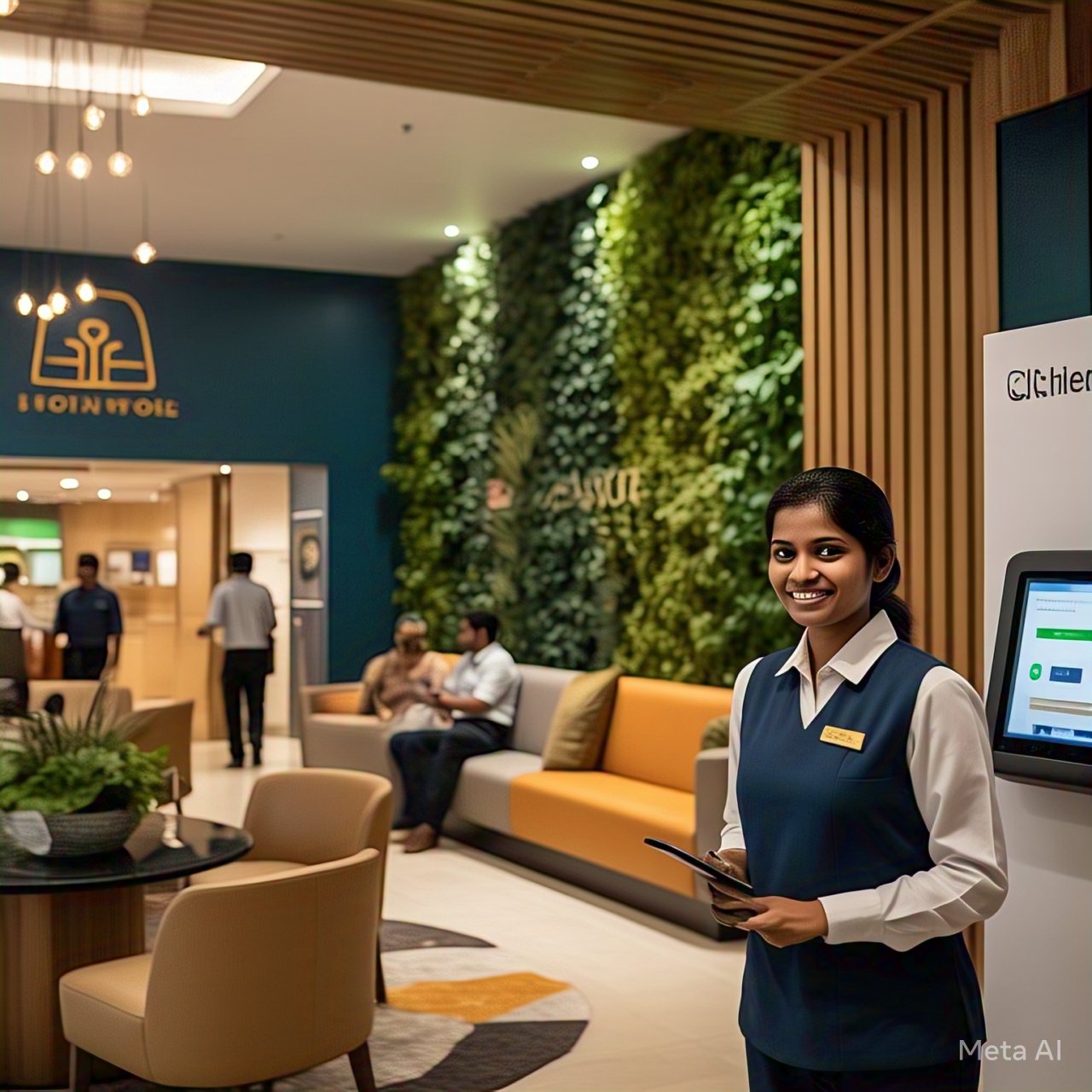Human Touch vs. Tech: Striking the Right Balance in Personalized Service
/The hospitality industry stands at a crossroads: on one side, cutting-edge technology offers hyper-personalized convenience; on the other, the warmth of human interaction defines genuine hospitality. The debate is no longer about choosing between automation and personal service—it’s about how to integrate both seamlessly to create the ultimate guest experience.
As hotels, resorts, and restaurants invest in AI-driven chatbots, smart rooms, and self-service kiosks, the question arises: How much technology is too much? And where should the human touch remain irreplaceable?
The Case for Technology: Speed, Efficiency, and Personalization
Tech-driven personalization is reshaping guest expectations. Today, guests demand convenience, instant responses, and seamless experiences—areas where technology excels.
1. AI-Powered Personalization
AI-driven guest profiles can remember preferences (e.g., room temperature, pillow choice, dining habits) and create bespoke experiences automatically.
Chatbots and virtual concierges provide instant, 24/7 support without wait times.
2. Smart Rooms & Contactless Convenience
Voice-activated assistants (like Alexa for Hospitality) allow guests to control lighting, entertainment, and room settings.
Mobile check-in and digital keys eliminate the need for front desk interactions, streamlining arrivals.
3. Data-Driven Insights for Hyper-Personalization
Hotels leverage big data to anticipate guest needs, offering personalized discounts, room upgrades, and itinerary suggestions before a request is even made.
CRM systems track repeat guests, ensuring their next stay is tailored to their past preferences.
The Advantage? Tech enhances convenience, consistency, and efficiency—helping hotels offer personalization at scale.
The Case for the Human Touch: Emotion, Connection, and Trust
While automation improves efficiency, true hospitality is built on empathy, intuition, and warmth—qualities that technology struggles to replicate.
1. Emotional Intelligence in Service
A chatbot can process a complaint, but only a human can sense frustration, offer an empathetic response, and resolve issues with compassion.
A skilled concierge doesn’t just book a tour—they read between the lines and suggest experiences that align with a guest’s unspoken desires.
2. Spontaneous Personalization & Surprise Moments
A housekeeping team noticing a guest’s half-read book on Paris and leaving a complimentary city guide is a human-driven, personalized touch tech can’t replicate.
A front desk team remembering a guest’s favorite coffee order adds a personal, unexpected delight that fosters loyalty.
3. The Importance of Trust & Cultural Sensitivity
Guests often feel uneasy about full automation, especially in luxury or cultural settings where personalized interactions matter.
In regions where hospitality is deeply rooted in tradition and warmth, tech-only service may feel impersonal.
The Advantage? Humans provide intuition, emotional intelligence, and genuine connection, making guests feel valued beyond algorithms.
Finding the Right Balance: Where Tech and Human Service Meet
Rather than replacing human interaction, technology should enhance service without eroding the human essence of hospitality. The ideal approach is a hybrid model:
Automation for efficiency, humans for emotional connection.
Use tech to streamline check-ins and routine requests, but ensure human staff remain accessible for personalized engagement.
AI-driven insights to empower staff, not replace them.
Give frontline employees access to AI-powered guest profiles so they can deliver thoughtful service rather than just process transactions.
Tech as an enhancer, not a barrier.
Ensure digital solutions don’t create frustration for less tech-savvy guests—always offer an option to interact with real people.
Conclusion: The Future of Personalized Hospitality
The best hospitality brands are those that understand technology should never replace human warmth—it should amplify it. Striking the right balance means knowing when to automate and when to engage, ensuring that every guest feels both efficiently served and genuinely cared for.
As the industry evolves, one thing remains clear: hospitality will always be about people—even in the age of AI.








